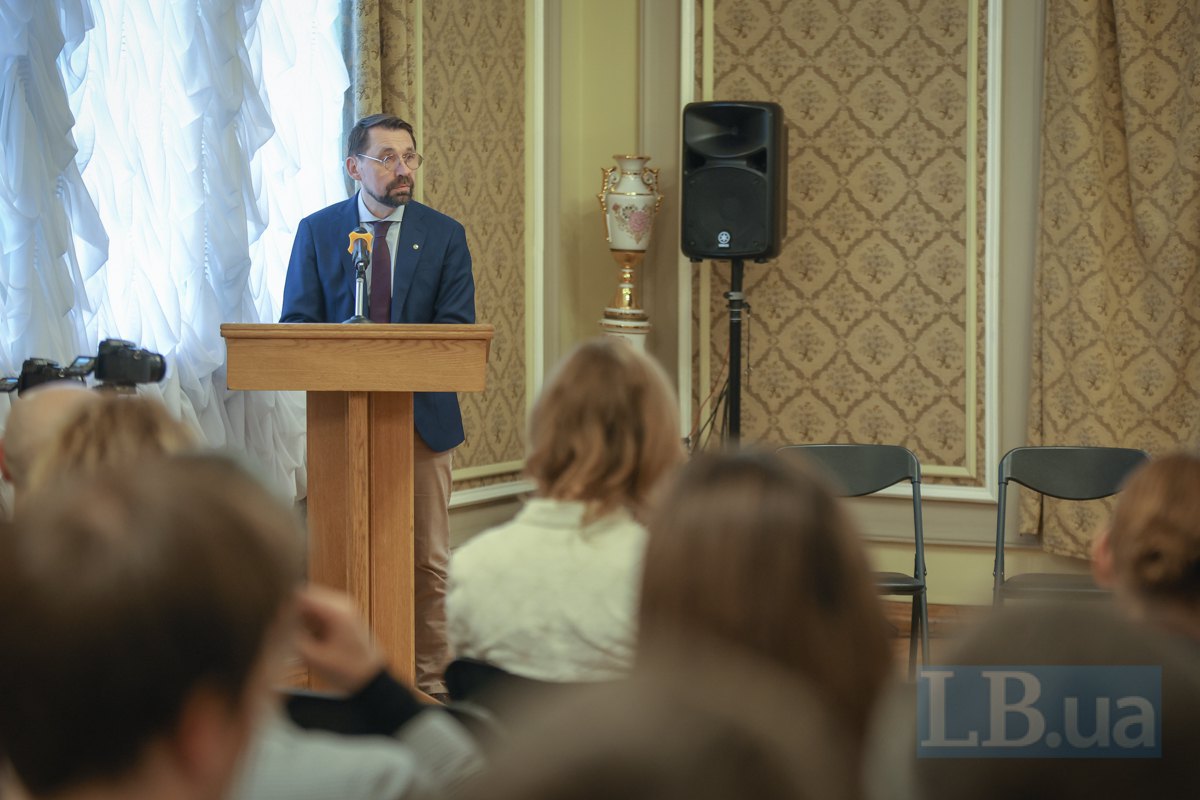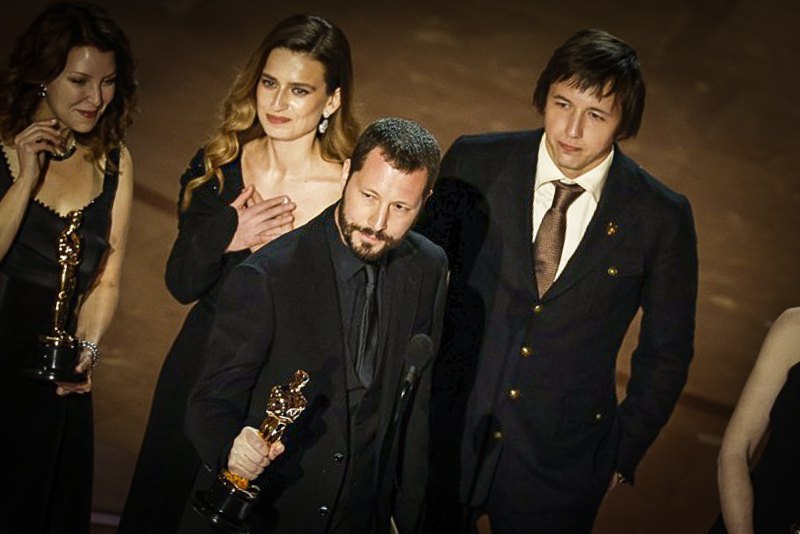
In times of war, the role of cultural diplomacy — and public diplomacy more broadly — has risen to the level of a strategic national imperative. Culture reinforces the struggle of the Ukrainian political nation, fortifies the state and its sovereignty, and brings the restoration of our internationally recognised borders closer. In other words, it is a fight for Ukraine’s independence.
We no longer have the luxury of speaking about culture while remaining silent on political and geopolitical matters.
Indeed, we see how provocatively we are told that not all of our regions represent the “real” Ukraine. We are being asked to prove that all Ukrainians are equally loyal to our country. Efforts are being made to draw dividing lines — not on a geographical map, but along imaginary contours: language, religion, culture, tradition, and place names.
One of the classic theorists of nationalism, Benedict Anderson, described nations as “imagined communities”.This suggests that culture unites us as a nation — it is through culture that we feel connected to people we have never met.
For Ukraine, the importance of every issue, every objective achievable through public diplomacy, has increased exponentially. No other country in the world today faces such high stakes.
The highest among these is our subjectivity. We must demonstrate it through a range of arguments — including widespread knowledge of our own history, language, literature, and works of Ukrainian art and cinema. In essence, it is a collective mission to ensure the continued existence of our country. One does not need to be part of an official delegation to mention five Ukrainian composers in a conversation with foreign friends — such knowledge alone can affirm that Ukraine is a European state.
In addition to external tasks, cultural diplomacy has internal objectives — such as shifting the cultural paradigm and reforming cultural policy — both of which influence the content and quality of cultural production. Why is this important?
Facts, critical thinking, and a genuine engagement with our own culture have become powerful tools — serious weapons that Ukrainian society can employ to secure the foundation of long-term peace. In this context, the arming of our youth becomes the highest priority and the cornerstone of our country’s future.
The history of Russian aggression — its root causes, the assessment of losses, the lessons to be learned, and the question of accountability — constitutes a complex field of meanings and practices that demands extensive and sustained effort. This will not be an easy task.
At present, it is being addressed by the new wave of Ukrainian documentary cinema, which is responding to this challenge with notable effectiveness. However, it remains a shared responsibility for many professional cultural communities — and for all Ukrainians.

Let me offer another example: propaganda. On 12 May, the Ministry signed a memorandum under which UNESCO and the Government of Japan will restore the destroyed premises of the Boychuk Academy. On the day the Academy was struck by fragments of a Russian missile, Russian television broadcasted reports of a “precision strike” by so-called “Kyiv militants”. Refuting such disinformation, proving our case, and explaining that — since 2022 — the Russian military has systematically and deliberately targeted our schools, hospitals and museums, as well as why we continue to resist, is a task that will span years. Without this work, we risk defeat.
We must not only understand the rationale behind this brazen military aggression against us — we must also articulate it to the world.
In all these efforts, the role of the cultural class, the educational sphere, and the media is critical. Each individual can serve as an ambassador for their country — enhancing Ukraine’s image as unique, worthy of attention, and of serious academic and cultural interest.
Russia is formally recognised as a threat in Ukraine’s Information Security Strategy, the Ministry of Foreign Affairs’ Public Diplomacy Strategy (through 2025), post-2022 legislation, decisions of the National Security and Defence Council (NSDC), joint sanctions policy, and international legal instruments. These assessments must be amplified and applied on the broadest possible scale.
It is already evident that, in the face of modern threats, Western societies can no longer rely on the assumption that hybrid warfare will not be initiated against them — beginning, perhaps, with the manipulation of cultural differences, which Europe, in its civilised view, traditionally regards as a source of strength.
We now face common challenges — ones to which we must find new answers in cooperation with our European partners.
In this context, it is worth noting that disinformation and fake news — which public diplomacy tools are designed to counter — are becoming ever more sophisticated and destructive, particularly due to advances in artificial intelligence technologies. The year 2014, when Russia first gained notoriety as a global fake news factory, may now be seen as a rehearsal for the polarisation of Western societies.
Russia has long operated in the cultural domain with both cunning and criminality — and it is this manipulation that underpins the formation of its imperial mythos. The idea of a great Russian culture must be dismantled — but not through crude denial or outright rejection.
Naturally, there are many questions surrounding the authentic heritage which Russia externally exploits as its own. Russia has adopted its own version of a melting pot: the most distinguished names and works of conquered and colonised peoples are absorbed, while the identities of those peoples are condemned to erasure. It is nothing short of a miracle that Ukraine has survived — having given so many of its great names to Russia.
This cultural policy must be confronted with a clear mind — using rational evaluation, accurate metrics, and a strong understanding of the global rules of cultural competition.
The Global Soft Power Index assesses the international standing of national brands through various indicators. The 2025 edition reveals that Russia is once again in the game. After a two-year absence from the ranking, analysts were surprised to see Russia return — soaring immediately to 16th place. This is a remarkable result, especially for a country actively waging war — something that would typically damage its soft power rating. Yet the condemnation from the West is diluted by the support of eastern allies — which in turn bolsters Russia’s global image. Once more — and in keeping with tradition — Russia continues to divide the world in how it is perceived.
To counter these challenges and carry out our strategic goals, Ukraine needs a vast arsenal of cultural diplomacy and international cooperation at all levels. There is a widespread belief among experts that a lack of coordination hampers the full deployment of this potential. But in truth, what is needed above all is a well-defined ideological framework and, most importantly, a conscious sense of professional responsibility. Once these elements are in place, coordination becomes merely a technical matter.
I am convinced that we already possess all three essential components — ideological consensus, dedication, and an organised, coherent process. Without them, our country would no longer exist.









